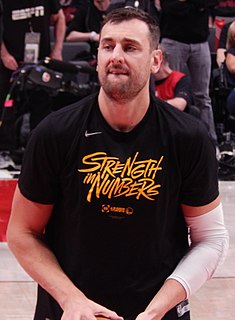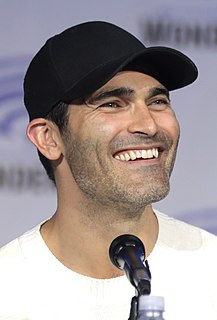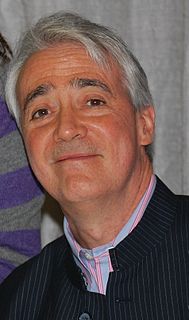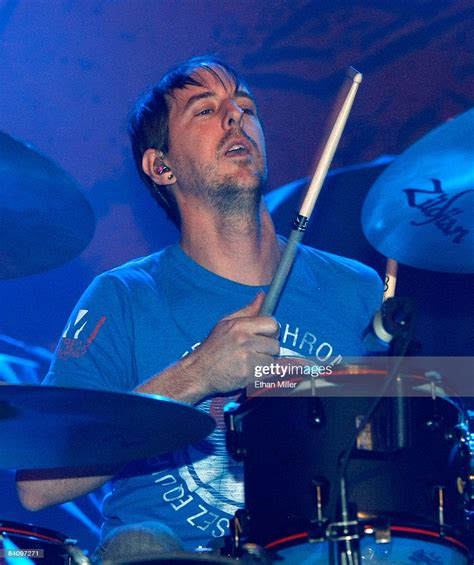A Quote by Dev Hynes
Personally, I always just want people to enjoy themselves and experience something that they wouldn't normally experience.
Quote Topics
Related Quotes
I feel like, when the audience connects with something, they enjoy the experience so much that they want other people to go have it. They're like, "Don't talk about it. Don't tell. Just go!" It's a nice feeling to have people coming around it that way, protecting the ideas in it, so that everyone can see it for themselves.
Certainly Christianity is an experience, but equally clearly the validity of ane experience has to be tested. There are people in lunatic asylums who have the experience of being the Emperor Napoleon or a poached egg. It is unquestionably an experience, and to them a real experience, but for all that it has no kind of universal validity. It is necessary to go far beyond simply saying that something comes from experience. Before any such thing can be evaluated at all, the source and character of the experience must clearly be investigated.
Every time you have a big blast-out experience you think that's the ultimate-everything, and of course it isn't, although you can get hints. The key however, is not to take those hint experiences to be the ultimate experience. There always needs to be a balance. For example, when you find something, by having some experience, you always want to keep looking because there could be more to it.
I honestly think the impulse is to grab something and capture it, and not capture a moment that you want to remember, but just capture an image that you want other people to see right away. It's about how someone is going to "like" this and it's no longer an experience. It's just this constant sharing of images. I personally don't like that very much.
In journalism, when we want to get a story over the jumps, we refer to it as a universal experience, but it almost never is. There is one universal experience, that's death. That is something we are all going to experience at some distance in the lives of loved ones, strangers and friends, people around us and certainly our own.
I think everything about it. Just the experience, but mainly performing live for people. I think if it wasn't for playing in front of audiences, I don't think that anyone would want to play music. That's where you get all your gratification. It's just something else to be up on stage, playing music that you wrote and having people enjoy it - and have it mean something to them also.
One of the finest beliefs I developed years ago that helped me to enjoy all of my life experience was the idea that there are no bad experiences, that no matter what I go through in life - whether it's a challenging experience or a pleasurable one - every experience provides me something of value if I look for it.
We want people to take care of themselves. We want people to provide for themselves. We want people to enjoy the fruits of their labors. We want people to enjoy reaching out and making their dreams come true. We want people to realize their life's dreams and passions. You need a growing economy for this.
A book is something that young readers can experience on their own time. They decide when to turn the page. They'll put their arm right on the page so you can't turn it because they're not ready to go to the next page yet. They just want to look at it again, or they want to read the book over and over because they really enjoy setting the pace themselves.
Really it becomes a question of architecture. How do you move people through a space and allow them to have an experience? I, probably more than most people, suffer from museum fatigue. I always want to just stay still or sit in a chair and look at one thing, but that's not the experience of the museum.
